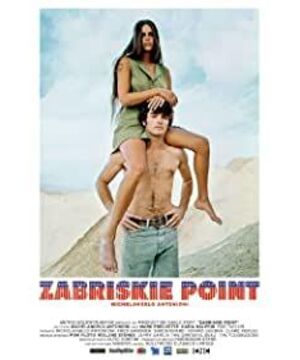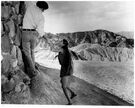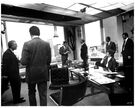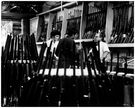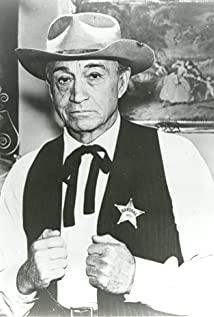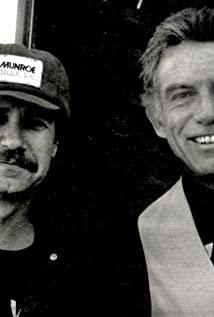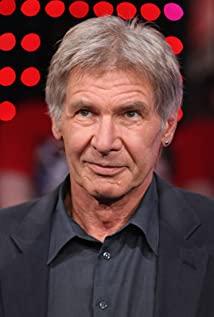The way I work is the complete opposite of the massive bureaucracy - Hollywood, of course, I'm not talking about just working methods, but a completely different attitude to life itself, rejecting Accept so-called immortal ideas and clichés, and reject fabrications and imitations. Also, how can I work with my hands limited by rigid plot lines, even physically, when the United States, where my films are based, is constantly changing and changing? Hence the need for constant change.
Adaptation and acceptance include everything from ghettos to the hardships of Vietnam. Freedom ultimately means the freedom to buy a new car. In this sense, I can say that my relationship with the United States contains the best and worst parts of it. In fact, I think that what our civilization and our generation embodies and produces here can not only see its lowest and coldest side, but also its highest and purest level. If I had to summarize my impressions of America, I would list them as: wasteful, naive, vast, poor.
In this country, waste is like a mental attitude, a habit, a creed, on an extremely unimaginable scale, that is impossible to accommodate, whether in filmmaking or the way of life of the rich.
So many people here have more innocence in their eyes than anywhere else in the world: sincere boys dreaming of another life, soldiers not wanting to fight, disciplined middle-class townspeople waving at each other over grilling steaks. An unquestionable innocence can also lead them to fail to realize a great tragedy, and they accept it with good intentions, like one of the many obligations they silently accept every day. Maybe it's the difference between whites and [blacks], except for the most loyal group of young people, [blacks] are the only ones who know what's possible, the only ones who have the ability to reject it, the only ones who don't fear.
Like waste, there is incredible poverty here, to a degree that one will never guess. How could such a poor country be able and indeed to create the highest standard of living in the world? Because poverty is real, concrete, a difficult everyday fact, accessible to everyone except those who have been lost in dreams and trance for too long at this moment.
The vastness is another impression, and I think it has a lot to do with the American character. A country so vast, so far away, so far-sighted, can't help being shaped in its dreams, fantasies and pressures, its independence, faith, innocence, optimism and despair, its patriotism and rebellion, its dimension. As far as I am concerned, from the perspective of my work, this vast experience is significant and countless. I asked myself, how do I go back, how do I go back to Italy?
In this mess of products and commodities, in waste and poverty, in acceptance and resistance, flow a constant, turbulent trend of change. Europe feels like a distant museum to me. I do not mean that Europe has its intellectual arrogance, its pessimistic illusion of knowing everything in advance.
My film, in a way, is all about this. The film was difficult and angry, but also with love and great enthusiasm, and I'm still editing. It is a struggle between the most beautiful and most unidentifiable realities in the world.
My next film must be an Italian one because I have to find my own roots again. But I'm not going to pretend it won't be difficult, finding the right trajectory with the right tone is very difficult.
This article is translated from "The Architecture of Vision"
View more about Zabriskie Point reviews


